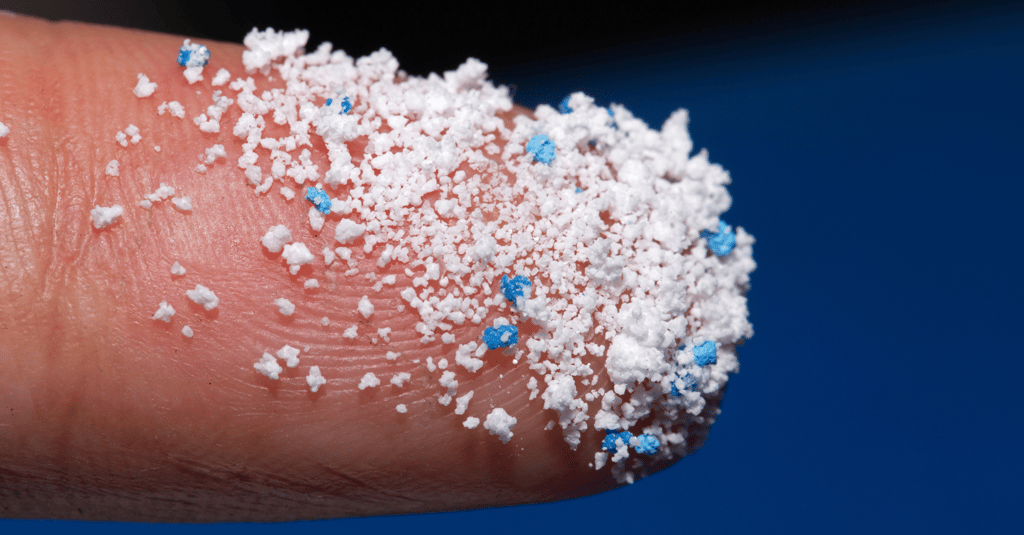Spoonful of microplastics in human brain
On average, 4,800 micrograms of microplastics per gram of brain tissue were detected, equivalent to the amount found in a standard plastic spoon.
PLASTIC POLLUTION


A recent study published in Nature Medicine has found that the human brain may contain microplastics equivalent to the weight of a plastic spoon, approximately 7 grams.
This study highlights an increase of about 50% in microplastic concentration in brain tissue over the last eight years. The predominant type of plastic detected was polyethylene, commonly used in packaging and household items.
While the study does not definitively link microplastics to health issues like dementia, it raises concerns about potential effects, including oxidative stress, inflammation, and possibly contributing to neurodegenerative diseases.
The increase in microplastics parallels the global increase in plastic production and pollution.
Microplastics might enter the brain through various routes, including via the bloodstream after ingestion or inhalation.
The study suggests that the smallest nanoplastics, around 100 to 200 nanometers, can cross the blood-brain barrier.
This study builds on earlier research which had already detected microplastics in other parts of the human body, including lungs, placentas, and blood, but this is one of the first to quantify such high amounts in brain tissue.
